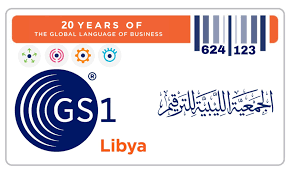The Minister of Economy and Trade, Mohamed Al-Hwaej, held a meeting with the Medicines and Medical Equipment Tracking Committee for the local market, in the presence of the Director General of the National Economic and Social Development Board (NESDB), Mahmoud Al-Futaisi, the Head of the Municipal Guard, Major General Rajab Gadusa, to present the mechanism for implementing the GS1 international system and the standards for tracking medicines and medical equipment through international barcodes.
Supply chain transparency and consumer protection
Commenting on the meeting, Mahmoud Al-Futaisi, Director General of the NESDB said, “The meeting focused on the mechanism of the drug and medical equipment tracking system and its role in achieving supply chain transparency and consumer protection by obtaining a product with high quality and safe standards. In addition to supporting the competent authorities in knowing the actual source and unifying drug prices in the local market’’.
Problems and obstacles discussed
The meeting also discussed, he revealed, the problems and obstacles facing the ministries and competent authorities in following up on the supply of medicines and medical equipment, and the challenges that hinder the activity of the control agencies at the Libyan ports, and ways to overcome them.
Developing legislation, regulation and control
Al-Futaisi also emphasized the importance of developing legislation while taking measures that contribute to regulating and controlling medicines and medical equipment, by preventing the supply of manufactured medicines for export only and limiting the supply of medicines from manufacturers that have legally accredited agents in Libya.
Executive vision is being developed
He said that an executive vision for the application of the system for tracking medicines and medical equipment from their source to the Libyan consumer in accordance with the global barcode system to limit the spread of counterfeit medicines and medical supplies is being developed.










